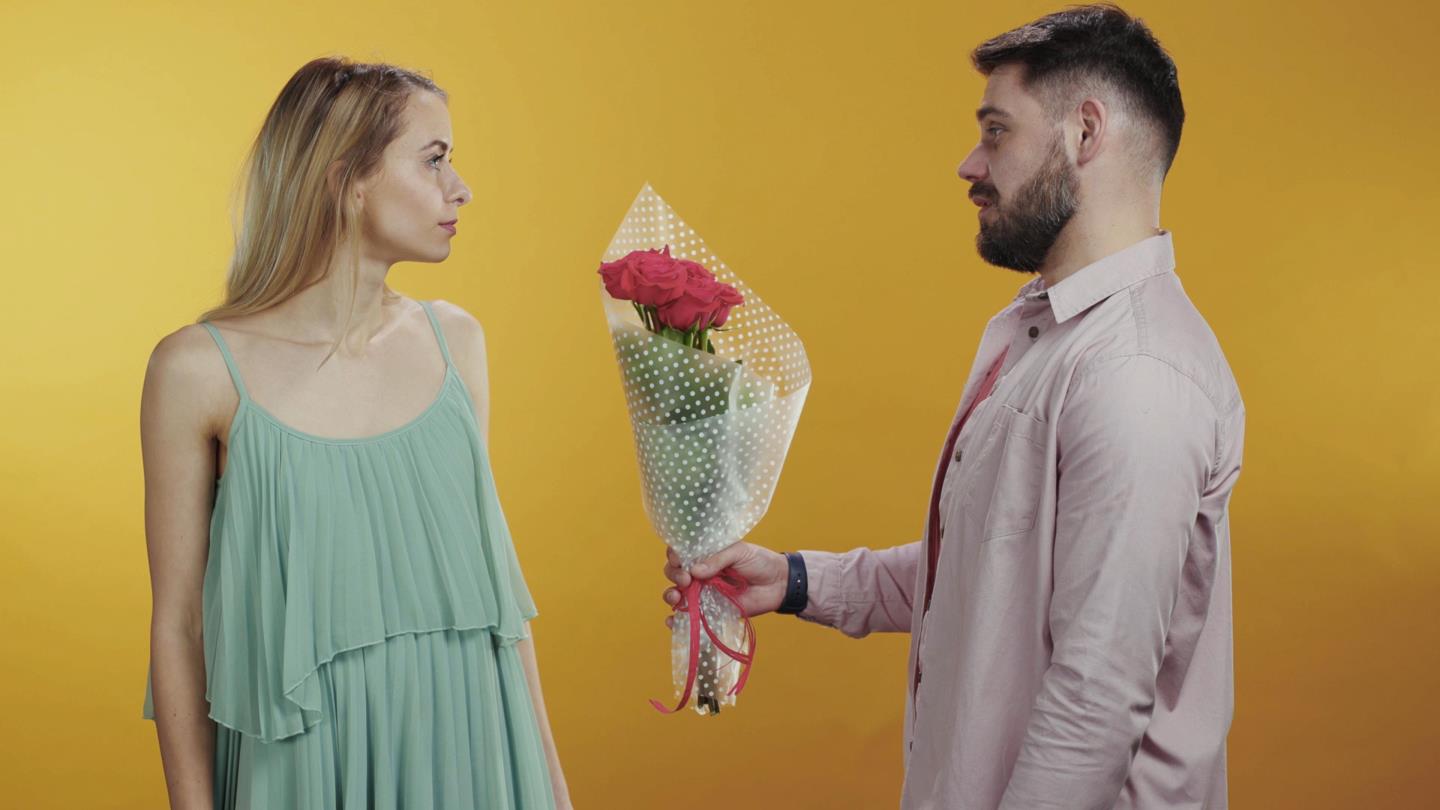Everyone slips up in a relationship from time to time – but which mistakes are likely to cause trouble, and what’s the alternative?
Are you too quick to try and fix a situation, or are small miscommunications the trigger point for arguments?
Aberdeen psychotherapist and relationship expert Jennifer Broadley might have the answers you’re looking for.
Men and ‘fixing’ things
Jennifer says one common problem in relationships is the way each person tackles concerns.
“Men often listen with the intention of finding a solution to a problem, and women often listen to understand and empathise,” she said.
“When women are talking in their relaxed down-time, they’re often verbal processing, expecting to be heard and understood.
“They are not looking for a solution.
“When they talk to their girlfriends like this they often receive lightness or empathy – ‘Oh, that’s happened to me too. It was pretty embarrassing at the time’.
“When they talk to men about the same thing, often men go in to ‘fix it’ mode: ‘I’ll tell you what you should do…’.
“This undermines a women’s ability to resolve the matter for herself.”
Jennifer’s advice: “She’s not asking for help, unless she clearly said so.”
In these situations, Jennifer says it’s best for boyfriends to listen to the end then empathise – “That sounds difficult, you handled it as well as possible though.”
At that point, they can ask if there’s anything they could do to help.
Criticising friends and family
Jennifer advises people not to criticise their partner’s friends or family members – even when their significant other is complaining about them.
“There’s a difference between me being frustrated with my family or friends and speaking that out,” she said.
“But you jumping in to criticise them too is not allowed – or wise.”
Jennifer’s advice: Shift to “question mode”
She said: “When your partner is having a critical moment – ‘Mum did this again, can you believe it? – a wise response might be ‘Yes, that’s so frustrating for you’.”
Then you could ask “So what can you do now? If you called them to have the conversation, what would you say?”
Don’t assume your partner will pay
Traditionally, men have been placed with the expectation of having to pay for a meal or drinks, especially at the beginning of a relationship.
But as society has changed in terms of gender equality, Jennifer urges women not to assume they’ll be the only ones reaching into their pocket.
She said: “While it might still be assumed that it’s polite for a man to pay for drinks or lunch on a first date, don’t expect him to pay for all dates, trips and treats.”
Jennifer’s advice: Set a precedent and split the bill
“It’s 2022 and there’s never been such a time for men and women to have equal opportunities to earn,” she said.
“Both can pick up bills. Both can pay for holidays and can contribute to the fun that’s being shared.”
Don’t confuse intimacy for something more
Sometimes, people can mistakenly think intimacy with their partner is a sign they’re looking to escalate a situation.
But this can be resolved through clear communication.
Jennifer explained: “A hand hold, cuddle on the sofa, or kiss can be a genuine expression of intimacy – and just that.
“If these gesture is consistently misunderstood, then you may find that the intimacy reduces or stops altogether.
“It’s important to understand what your partner is saying when they extend any sort of physical touch.”
 Jennifer’s advice: Be clear – and don’t take rejection personally
Jennifer’s advice: Be clear – and don’t take rejection personally
“Learn to talk about what something means – and with a little humour too,” she advises.
“If f you’re unsure of the gesture just ask.
“So, after a kiss, if you’re unclear, say: ‘Just to be clear … that was a kiss for just this moment, right?’
“Be clear and be open to the fact that your partner may not feel the same thing at the same time. You don’t have to take that personally.
“The key is to staying open to communicating so you continue to understand each other better.”
Check you’re speaking the same language when it comes to gifts
There are circumstances where your partner may not respond in the way you had hoped, leaving one with a sense of inadequacy or feeling unacknowledged.
Jennifer has heard of times where someone has presented a gift to their partner, and they’ve responded with an “Oh thanks, that’s really lovely”, then laid it down and left the room.
She said: “You’re left thinking ‘It took me ages to find the exact colour of earrings that would go with her new top’.”
But one theory is that you’re speaking a love language your partner doesn’t speak.
Of the five, most people have one they use most often to express their affection.
These are words of affirmation, acts of service, giving of time, giving of gifts and physical touch.
Jennifer’s advice: Check in on your partner’s love language
“When you partner with someone with a different love language your gestures are unlikely to have the reaction you expect them to,” she explained.
“Talk to your partner about the five love languages and ask them to rank them in order of importance.
“And then, when you want to express how you feel, make a gesture in their love language.”
Read more:
Alex Watson: Stop taking your friendships for granted and fight to keep the ‘spark’ alive




